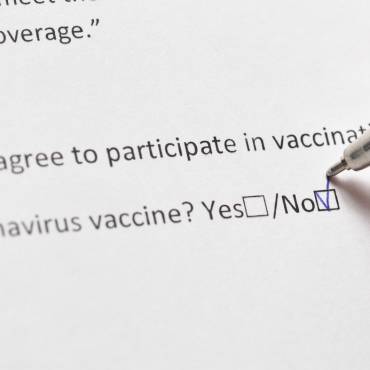In Maryland, a federal advisory panel has voted not to support the safety of a novel hepatitis B vaccine for adults aged 18 to 70 years according to Medscape.com’s Medical News. At a meeting on Thursday, the United States Food and Drug Administration (FDA) Vaccines and Related Biological Products Advisory Committee voted 8 to 5 with 1 abstention that the safety data presented by Dynavax Technologies Corporation were not adequate to support safety of Heplisav.
The committee’s three main concerns were:
1. That the safety database was too small to detect rare adverse events
2. That the vaccine hadn’t been studied in sufficient numbers of ethnic minority populations
3. That it hadn’t been studied in combination with the administration of other adult vaccines.
There were numerically greater numbers of Heplisav patients with evidence of autoimmunity including thyroid disorders, and some rare serious events among Heplisav recipients, including 1 case each of Wegener’s granulomatosis, Tolosa-Hunt syndrome, and Guillain-Barre syndrome. Melinda Wharton, deputy director of the National Center for Immunization and Respiratory Diseases at the Centers for Disease Control and Prevention, Atlanta, Georgia, voted no for safety. She said, “…I don’t think the safety database is sufficiently large to support a recommendation for use in the general adult population, given that this vaccine contains a new adjuvant.”
Committee chairman and professor of pediatrics and microbiology and molecular medicine at the University of Chicago, Illinois, Robert Daum, MD, voted no on both efficacy and safety. “I’m concerned that there are not enough data in different ethnic groups to be sure that the immunogenic responses are adequate. I’m also concerned that there were no data presented about giving other vaccines simultaneously…. If this were a pediatric vaccine we’d be jumping up and down about that…. I don’t see this as a separate visit vaccine,” said Dr. Daum. Bruce Gellin, MD, MPH, director of the National Vaccine Program Office of the US Department of Health and Human Services, also voted no for safety.


